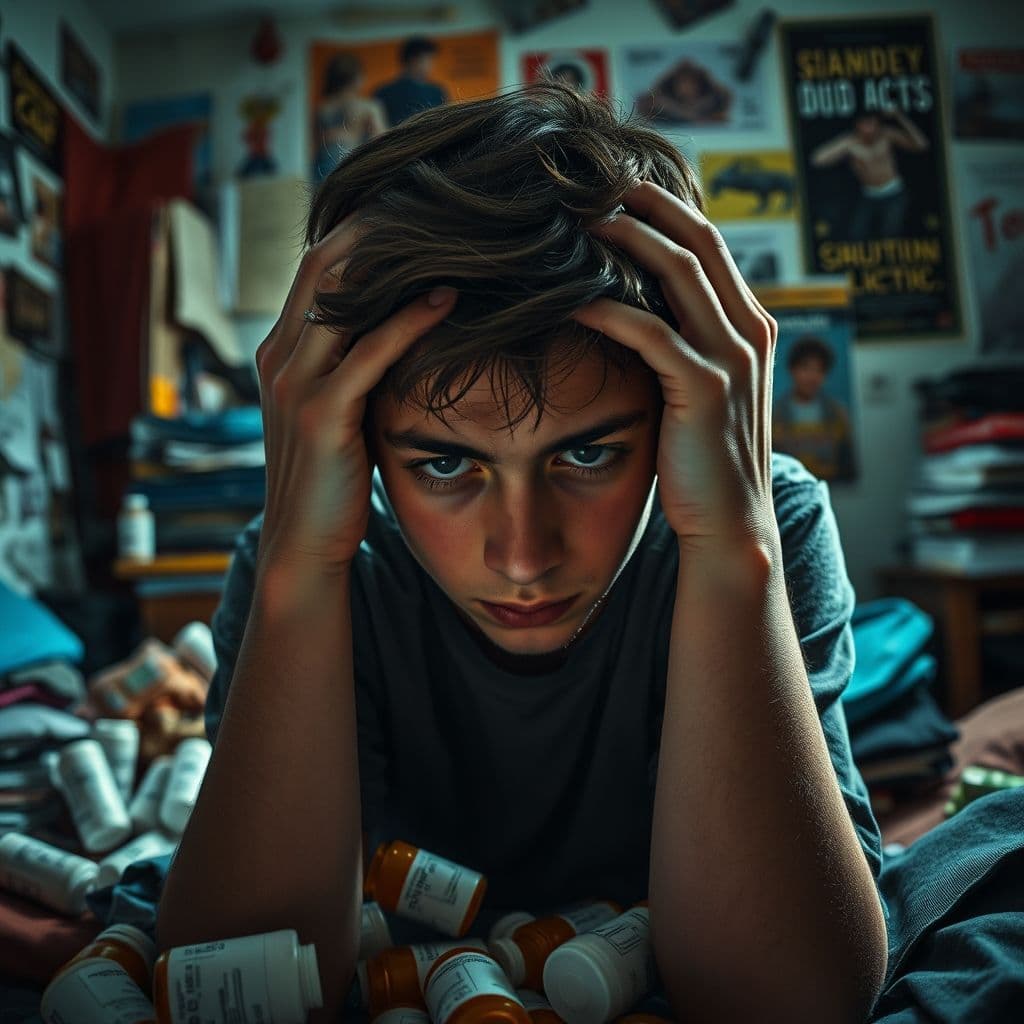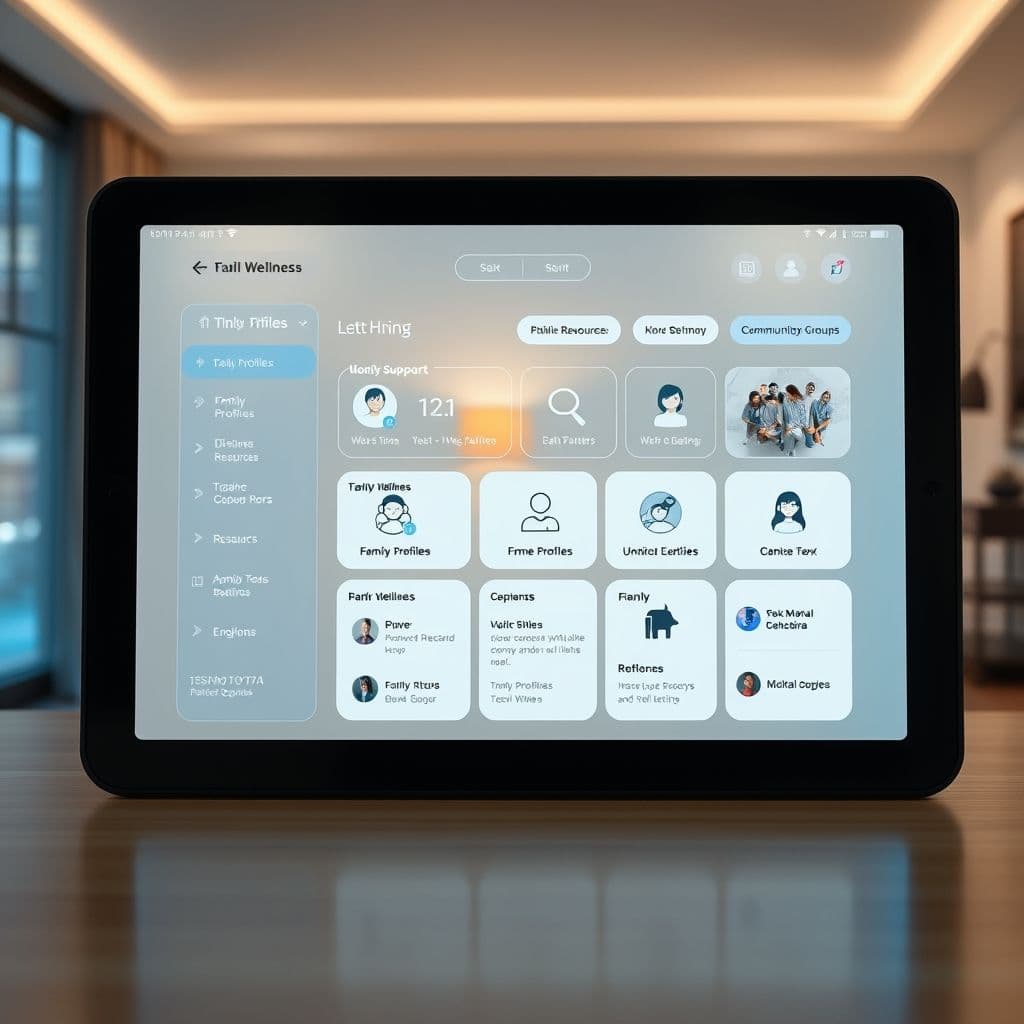Breaking the Cycle: A Digital Solution for Families Battling Addiction and Mental Illness

Addiction and mental illness don't just affect individuals - they ripple through entire families, leaving emotional wreckage in their wake. The viral TikTok video showing a heartbreaking confrontation between a son and his addicted mother highlights a universal pain point: families struggling with these issues often feel isolated, unprepared, and emotionally drained. This article explores the profound challenges these families face and presents a hypothetical SaaS solution that could transform how we support both addicts and their loved ones.
The Hidden Crisis: Families Caught in Addiction's Crossfire
The emotional toll on families dealing with addiction is staggering. Children often become parents to their own parents, siblings become caregivers, and the entire family dynamic gets distorted by the constant crisis management. The TikTok comments reveal recurring themes: guilt about resenting the addicted loved one, exhaustion from constant worry, and the painful realization that you can't force someone to recover. Many families describe feeling completely alone in their struggle, with no roadmap for navigating this complex emotional terrain.

Envisioning a Support Platform: How SaaS Could Help
Imagine a comprehensive digital platform specifically designed for families affected by addiction and mental illness. This hypothetical SaaS solution would provide several key features: 1) A secure community space where families can connect with others facing similar challenges, reducing the isolation so many feel. 2) Curated resources including coping strategies, educational materials about addiction science, and guidance on setting healthy boundaries. 3) On-demand access to counselors specializing in addiction's family impact. 4) Personalized tracking tools to monitor progress and setbacks in recovery journeys.
The platform would recognize that addiction affects each family member differently. Children might need different support than spouses or siblings. By offering tiered access and age-appropriate resources, the system could serve entire family units holistically. An AI component could help identify crisis points and suggest interventions before situations escalate to the level shown in the viral video.

Potential Impact and Implementation Challenges
Such a platform could fundamentally change how families navigate addiction. By providing 24/7 access to support, it could prevent the desperate outbursts born from feeling helpless. The community aspect could combat the shame many families experience, while the educational resources could empower them with knowledge about addiction science and evidence-based interventions. However, significant challenges would need addressing - maintaining privacy for vulnerable users, ensuring cultural competency in resources, and developing sustainable funding models that keep the platform accessible to those who need it most.
Conclusion
The pain expressed in that viral TikTok video reflects a much larger, often silent crisis affecting millions of families. While no digital solution can magically fix addiction's complex challenges, a thoughtfully designed support platform could provide the resources, community, and hope that so many families currently lack. As technology continues transforming healthcare, perhaps it's time we applied that innovation to supporting the families who bear addiction's heaviest burdens.
Frequently Asked Questions
- How would this platform protect users' privacy given the sensitive nature of addiction?
- A robust system would require end-to-end encryption, anonymous posting options, and strict data governance policies. Users could control exactly what information they share and with whom.
- What would prevent this from becoming just another social network?
- The focus would remain on structured support - verified resources, professional moderation, and tools designed specifically for addiction's unique challenges rather than open socializing.
- How could such a platform be made accessible to low-income families?
- Potential models include sliding-scale pricing, nonprofit partnerships, or integration with existing healthcare systems to subsidize costs for those in need.


